10 Best Foods To Eat For Diabetics On World Diabetes Day
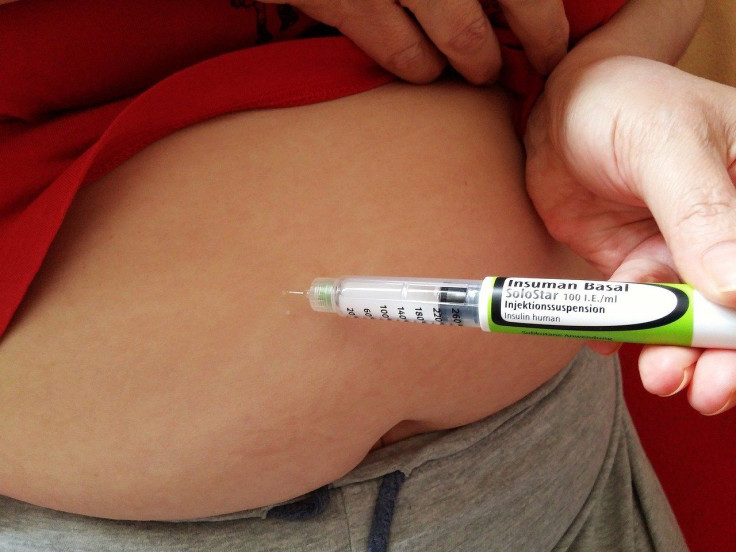
KEY POINTS
- Word Diabetes Day is celebrated every Nov. 14
- Around 37.3 million Americans suffer diabetes
- One in five Americans does not know they have the disease
In celebration of World Diabetes Day, we are giving you some of the best food recommendations for diabetes who want to indulge their craving for something sweet without worrying about their health.
According to the National Diabetes Statistics Report, 1 in 5 Americans who have this lifestyle disease, which affects 37.3 million people in the U.S., are unaware that they have it.
It may be anxiety-inducing to have to tiptoe around the dos and don'ts when it comes to eating, but in honor of World Diabetes Day, here are some "superfoods" for diabetics to enjoy.
1. Beans
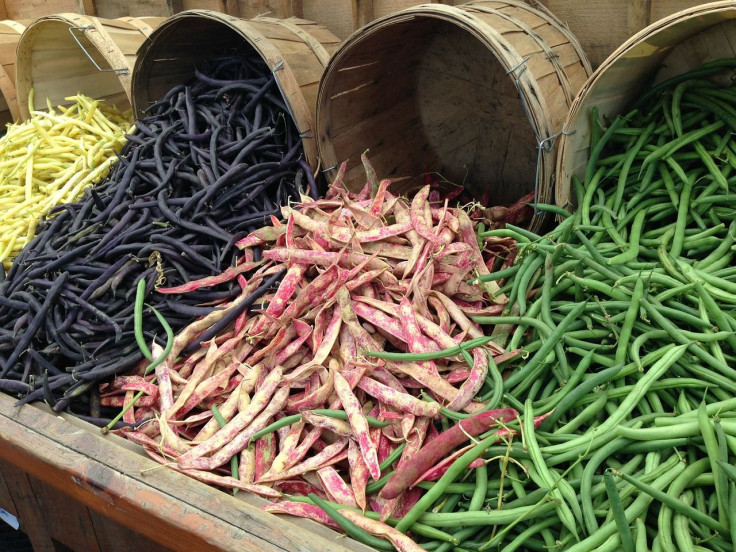
Per a Cambridge study, beans, including pinto, black, navy, or kidney, reduce the development of glycemic stress. The reason for this is beans have a low glycemic response due to their high levels of protein, fiber and amylose starch.
According to Reuters Health, research showed that participants' blood pressure, cholesterol and blood sugar levels may all be whittled down by eating legumes.
"Legumes are good protein sources, and proteins tend to dampen the blood glucose response and they lower blood pressure," Dr. David Jenkins of St. Michael's Hospital in Toronto told the outlet.
It should be underlined that the subjects' glucose response changed following the bean diet, albeit only slightly. However, this should translate to the delay or prevention of further diabetes development.
2. Tomatoes
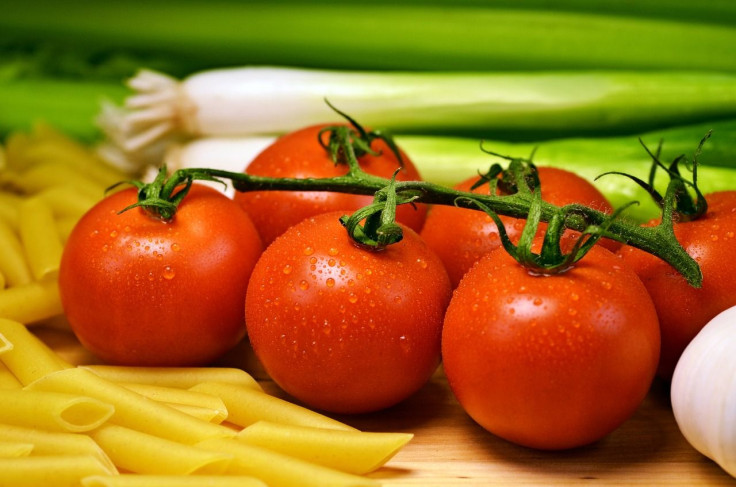
Tomatoes are diabetic-friendly because of their lycopene component. Lycopene was found to lower the risk of diabetes with the help of its antioxidant properties.
According to a study, lycopene levels can serve as a protectant against metabolic diseases such as diabetes and obesity.
3. Berries
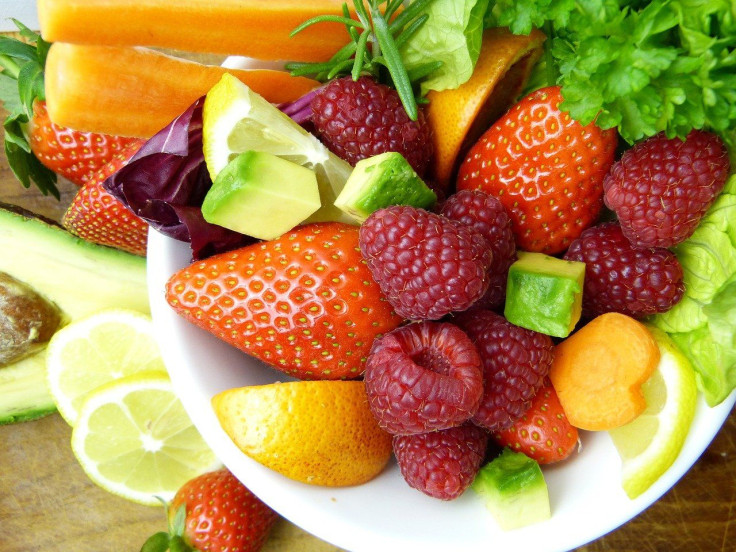
What you have been putting in your favorite acai bowl can also be a preventive food for diabetes.
The National Library of Medicine claimed that the nutrients and phytochemicals in berries help lower the chances of contracting chronic diseases, including type 2 diabetes.
The consumption of berries, such as blueberries, cranberries, strawberries and raspberries, has positive effects on people with diabetes by altering their "glycemic and lipid profiles, increasing antioxidant status and decreasing biomarkers of atherosclerosis."
4. Leafy Vegetables

You're already on the right track if you frequently consume fruits and veggies. In 2010, British researchers stressed the significance of green leafy vegetables among other vegetables in shrinking the chances of having diabetes.
Green leafy vegetables are rich in antioxidants, magnesium and omega-3 fatty acids, according to Patrice Carter of the diabetes research section at Leicester University.
5. Yogurt

You can take it literally when they say a cup of yogurt makes any day okay because, according to a study led by the Harvard School of Public Health, yogurt can cut the risk of type 2 diabetes.
Yogurt is the only dairy product that can serve as a preventive and protective agent for diabetes management.
As indicated in the study, "Probiotic yogurt improved fasting blood glucose and antioxidant status in type 2 diabetic patients."
Frank Hu, the Harvard study's lead author, advised doing more clinical trials to bolster this finding despite its promising results.
"The mechanisms are not well understood at this point. One hypothesis is that the probiotics in yogurt may help to improve insulin sensitivity and reduce inflammation, but this hypothesis needs to be tested in randomized clinical trials," he told Forbes.
6. Whole grain
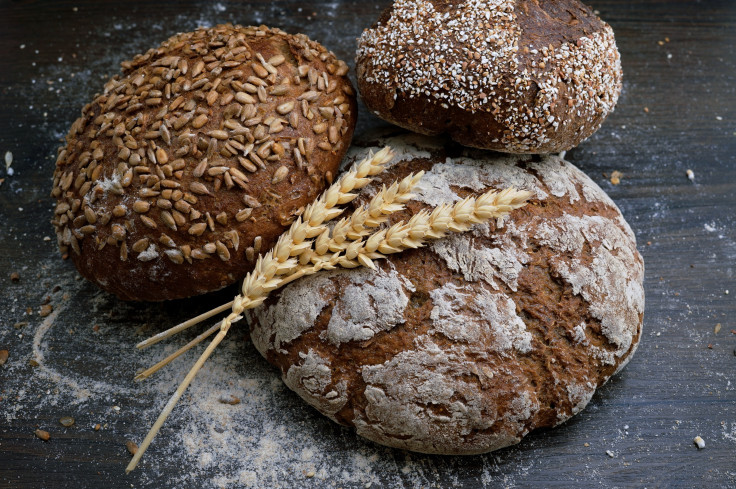
A study published in the National Library of Medicine concluded that whole grain intake showed effectiveness in reducing the risk of chronic diseases such as "coronary heart disease, cardiovascular disease and total cancer, and mortality from all causes, respiratory diseases, infectious diseases, diabetes, and all non-cardiovascular, non-cancer causes."
Whole grain is a good source of fiber, B vitamins, iron, folate, selenium, potassium and magnesium.
7. Fruits
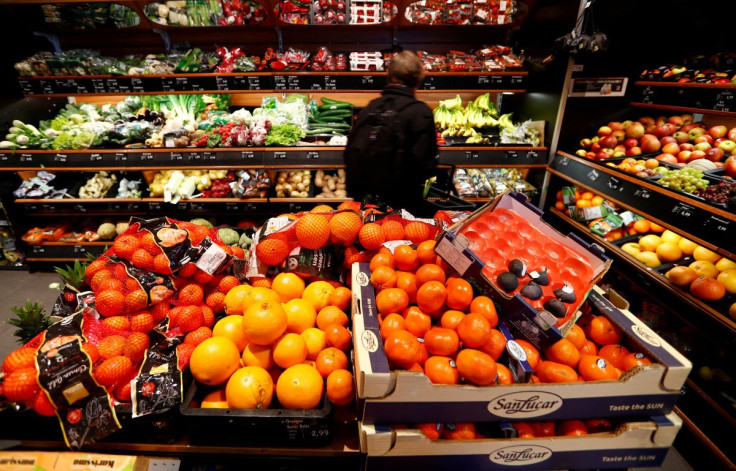
High consumption of fruits (not processed or liquid form) can mitigate the risk of type 2 Diabetes Mellitus (T2DM).
According to research, a moderate to high diet of whole fruits, including apples, oranges and other citrus fruits, as well as bananas, can prevent the risk of acquiring diabetes.
Apple, in particular, has a "healing power" that promotes the prevention of diseases such as diabetes, cardiovascular diseases, arthritis, constipation, cancer, rheumatism, dysentery, Alzheimer and gallstone formation.
8. Canola and Olive Oils
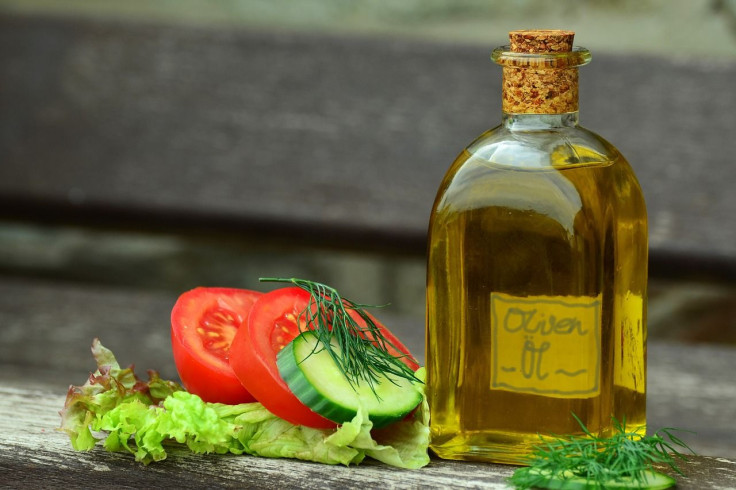

Yes, we're not talking about any other oil, but we're talking about canola and olive oil as a dietary fat that could relieve people with type 2 diabetes from inflammation and oxidative stress, as shown in a study.
According to the Canola Council, canola oil is "high in unsaturated fats and has the lowest amount of saturated fat." On the other hand, olive oil has properties that help people veer away from having diabetes since it "encourages the consumption of vegetables and is intrinsically linked to the Mediterranean diet."
9. Mediterranean diet

Did you know that the Mediterranean diet has a protective role in glycemic control? According to a study, the Mediterranean diet has the ability to decrease oxidative stress, inflammation and insulin resistance.
The foundation of a Mediterranean diet is plant-based food such as vegetables, whole grains, beans, lean proteins, nuts and unsaturated fats.
10. Fish with Omega-3 fatty acids
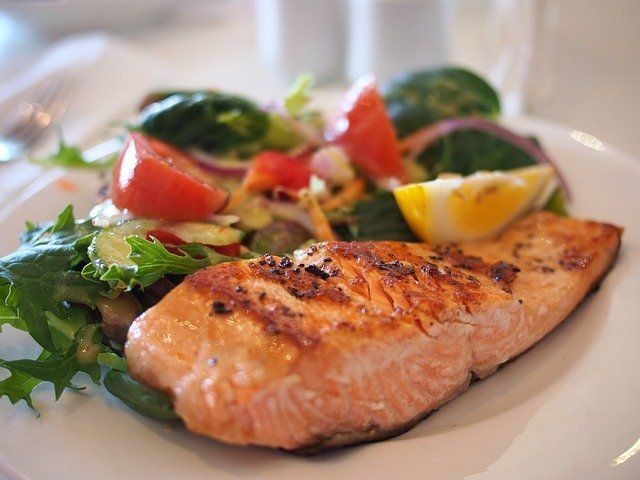
According to the American Diabetes Association, a diet rich in polyunsaturated and monounsaturated fats optimize blood lipid levels and blood sugar levels of diabetics.
Fish such as salmon, mackerel, sardines and tuna contain omega-3 fatty acids that are also good for the heart.
© Copyright IBTimes 2025. All rights reserved.





















